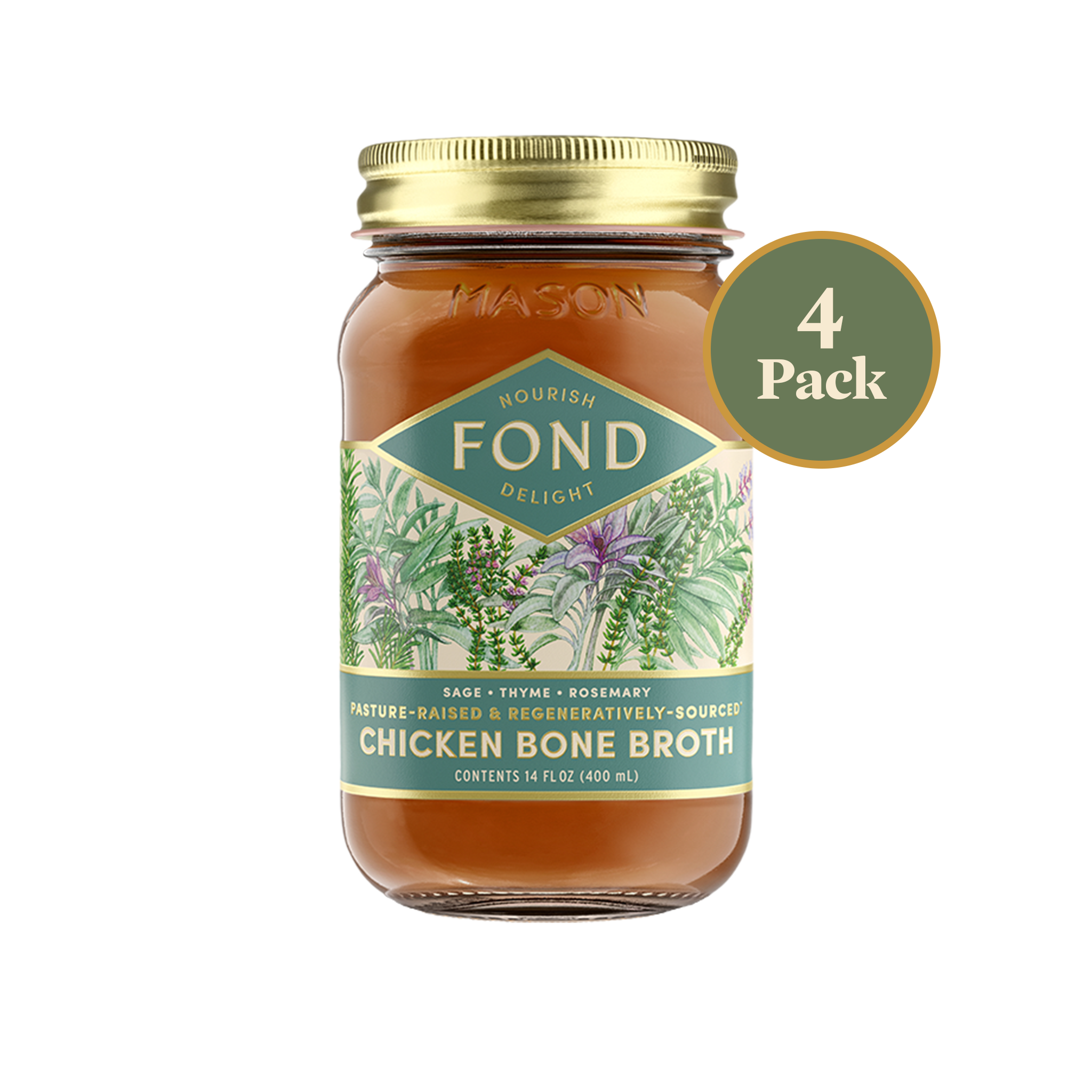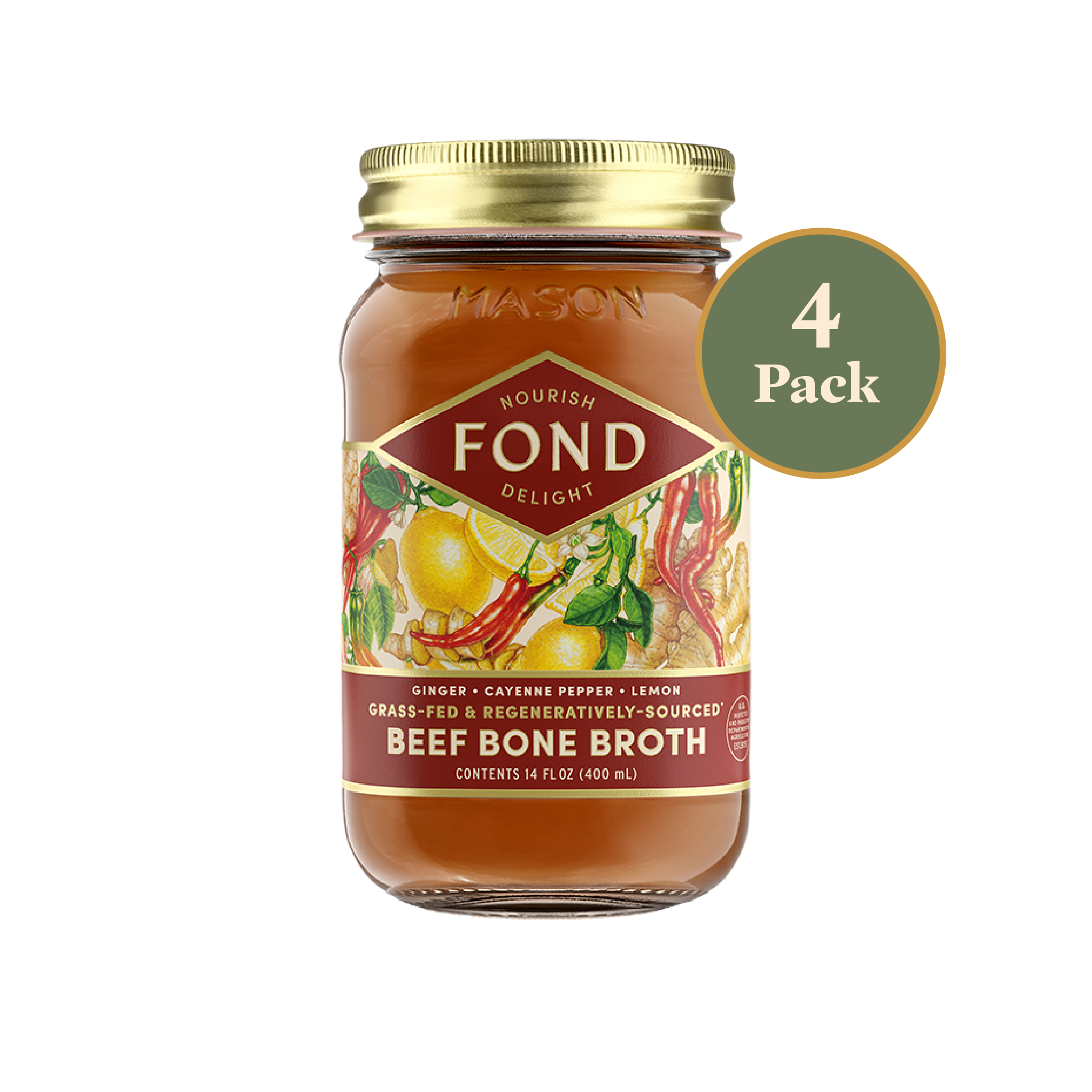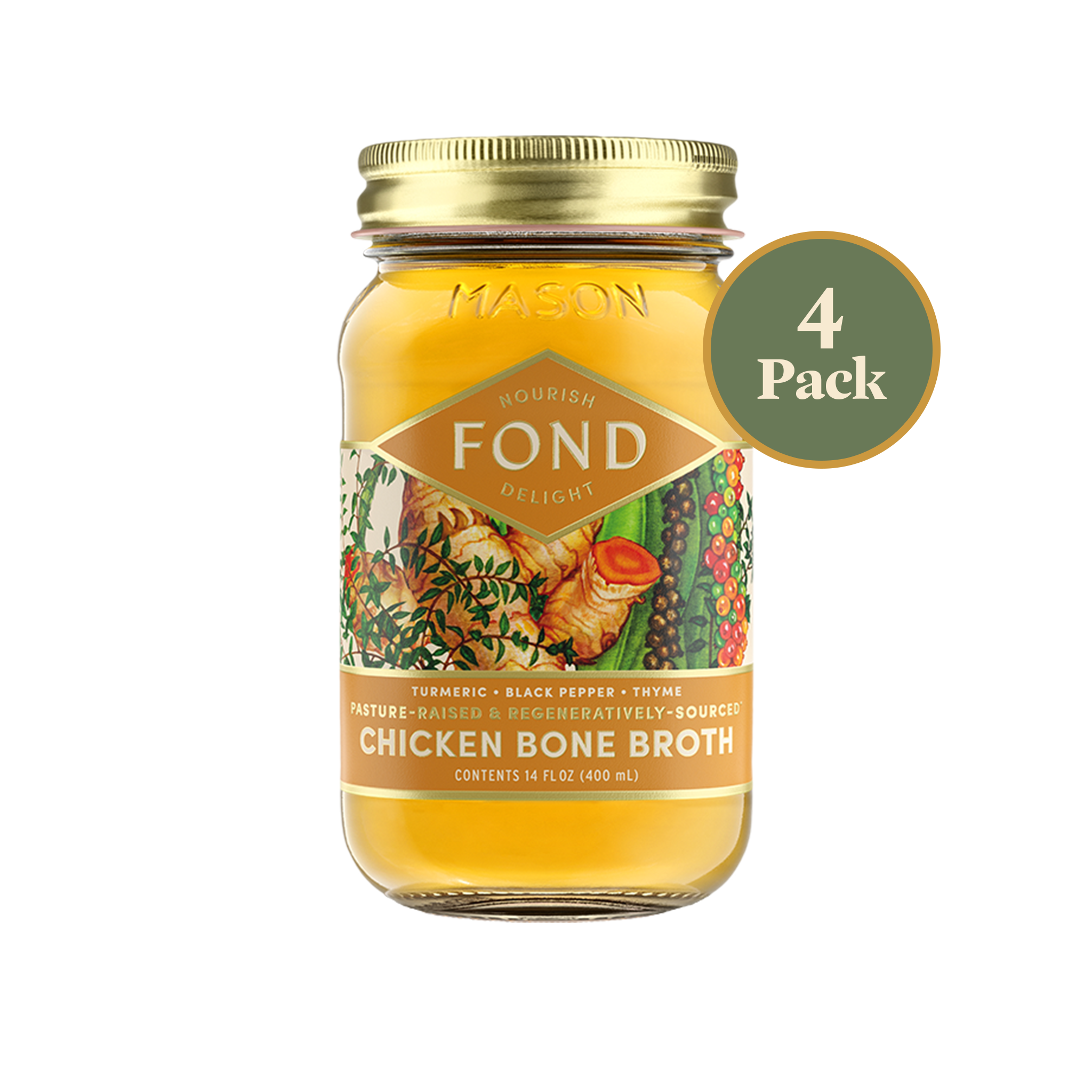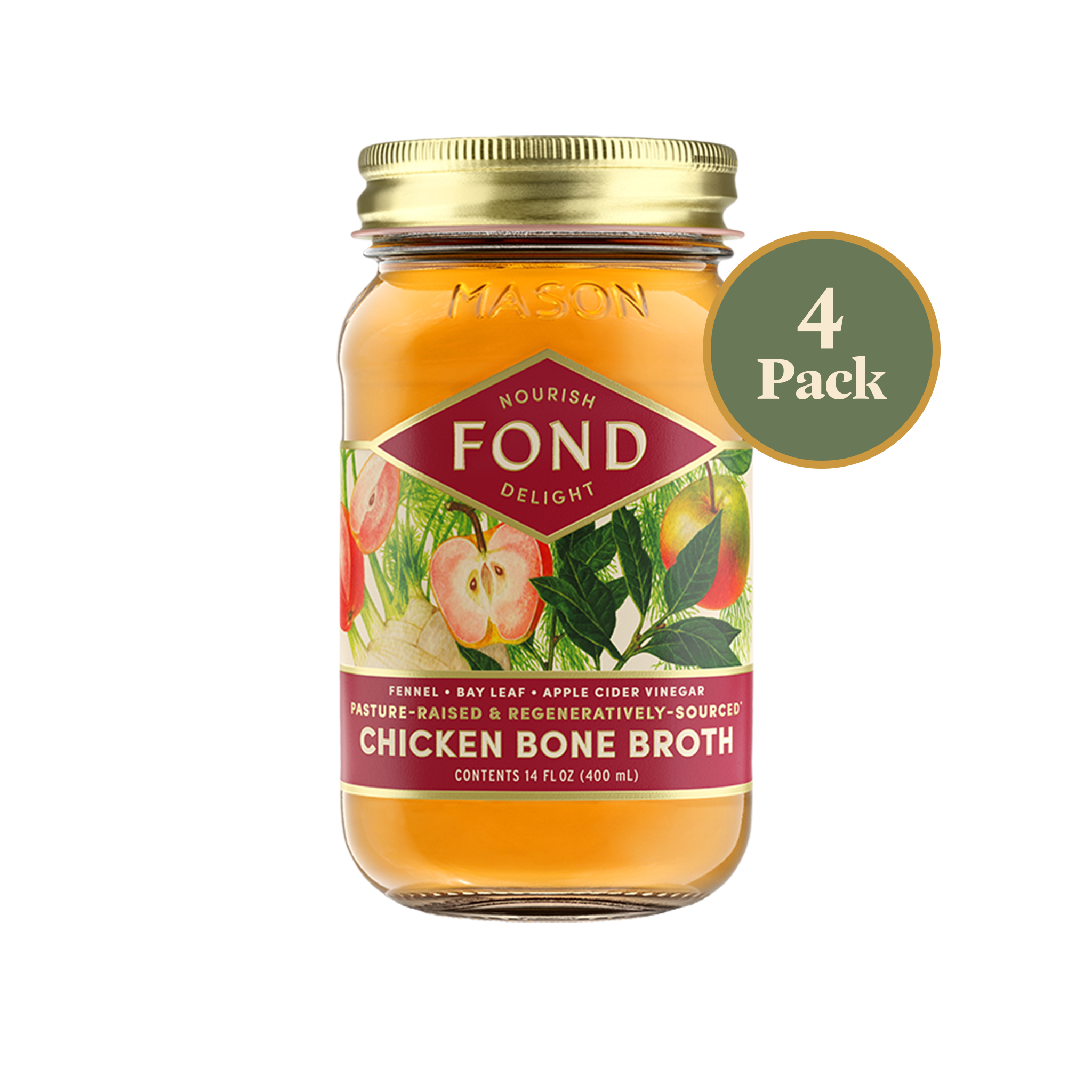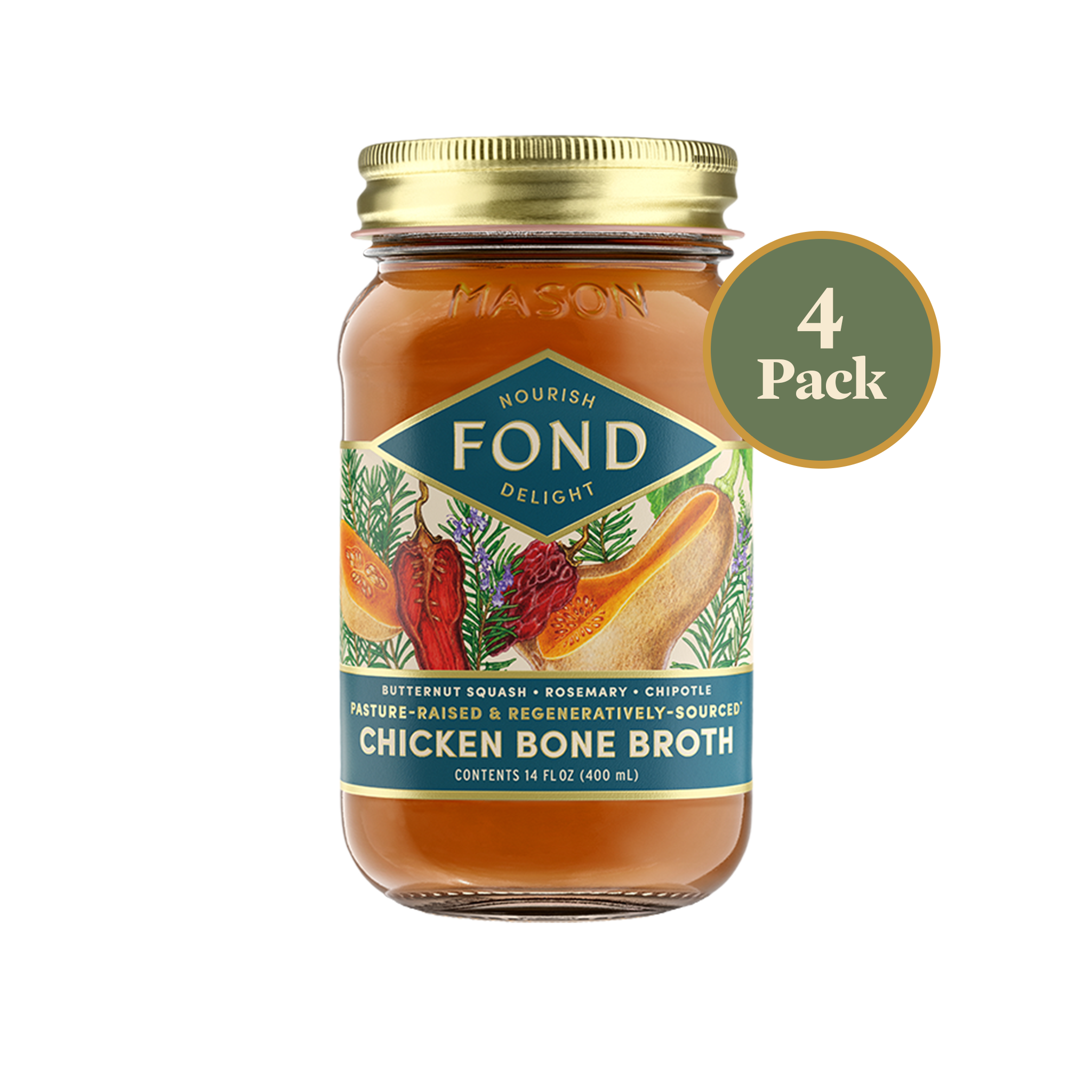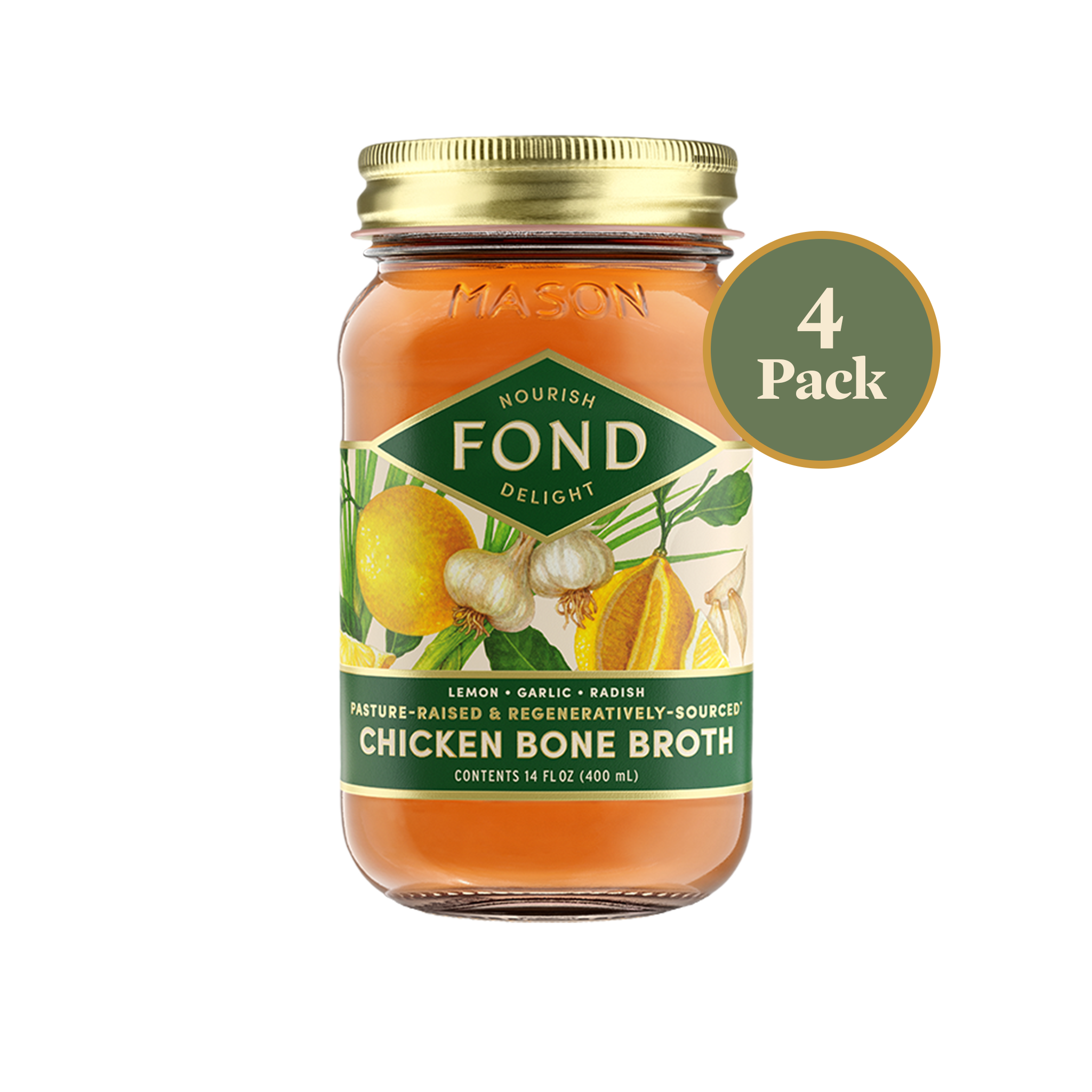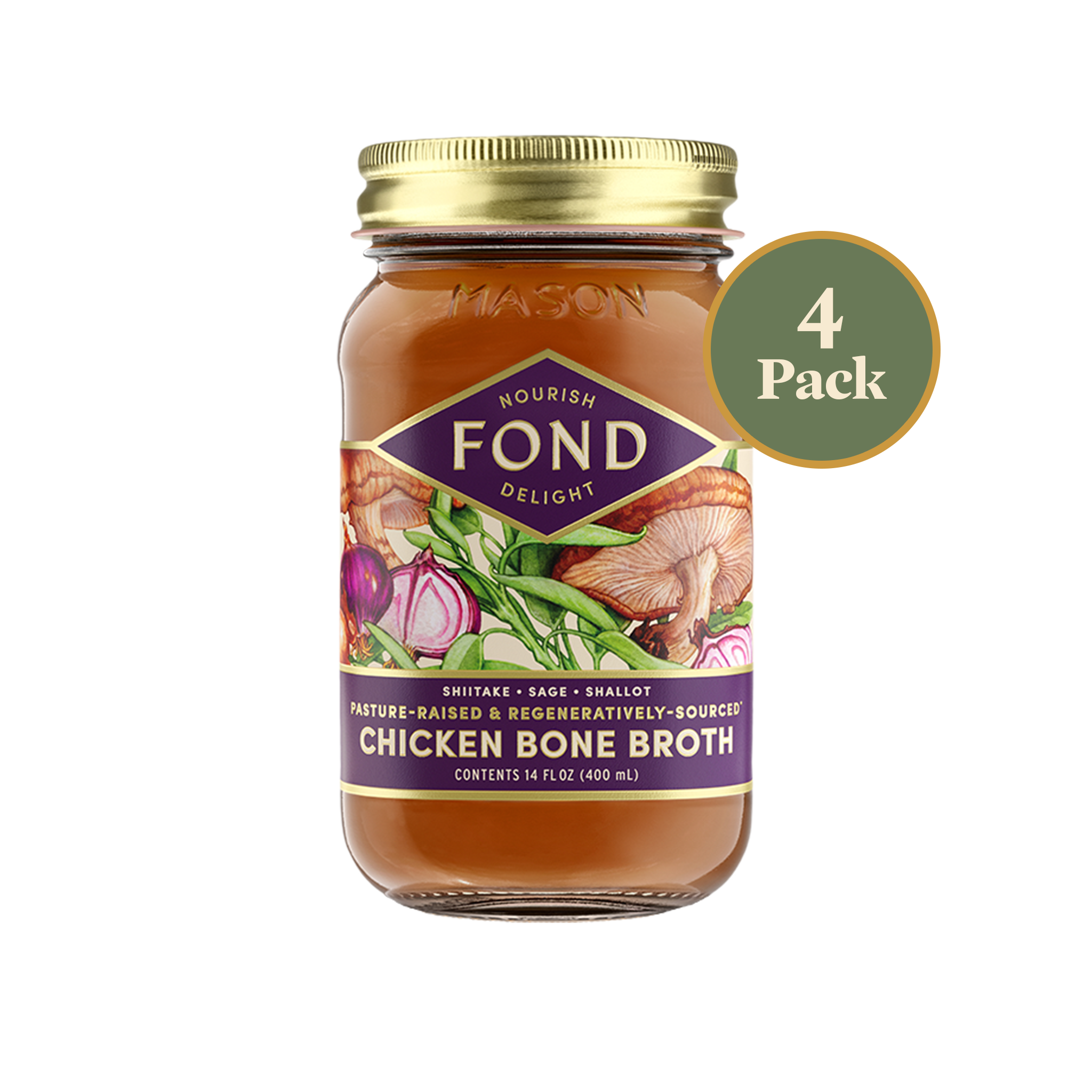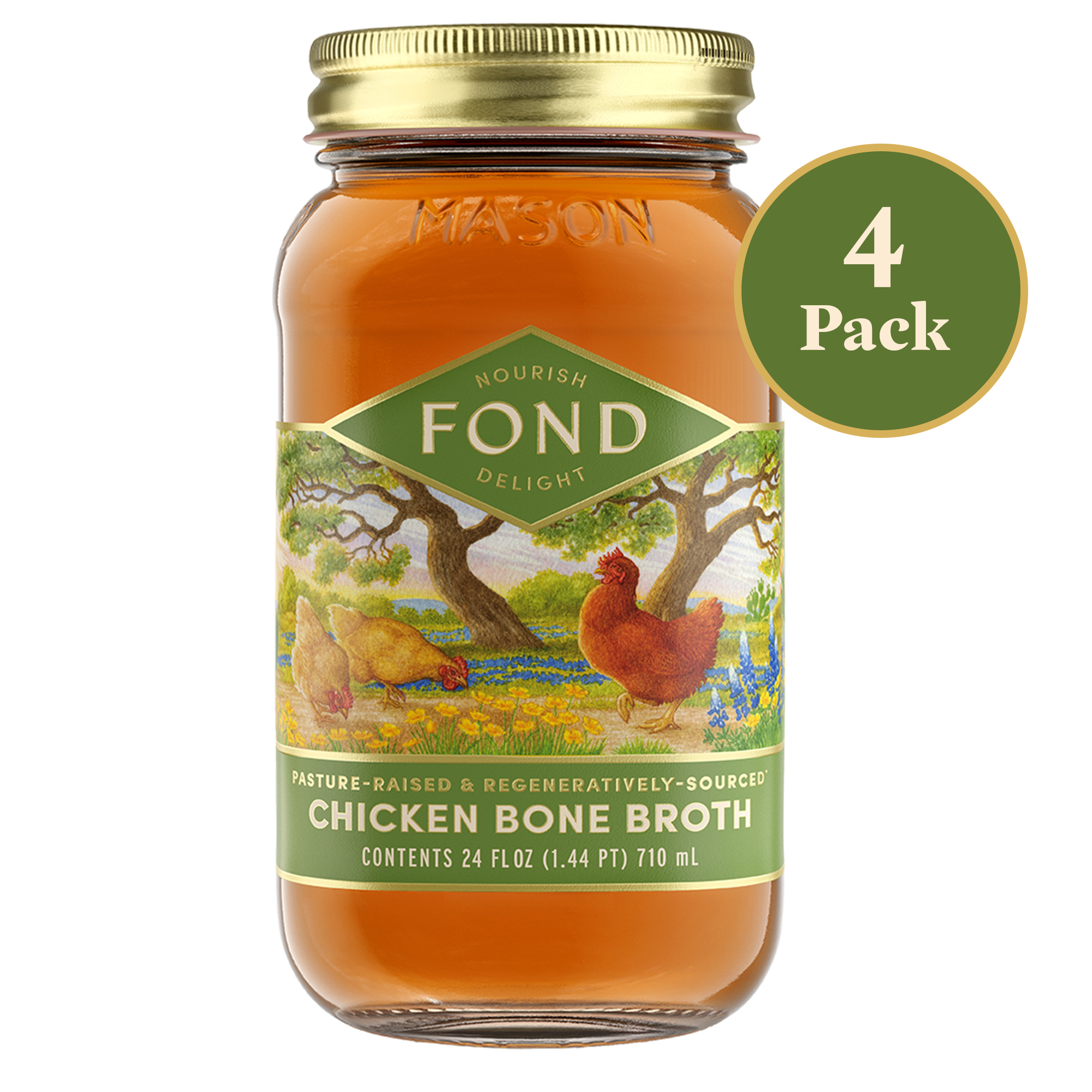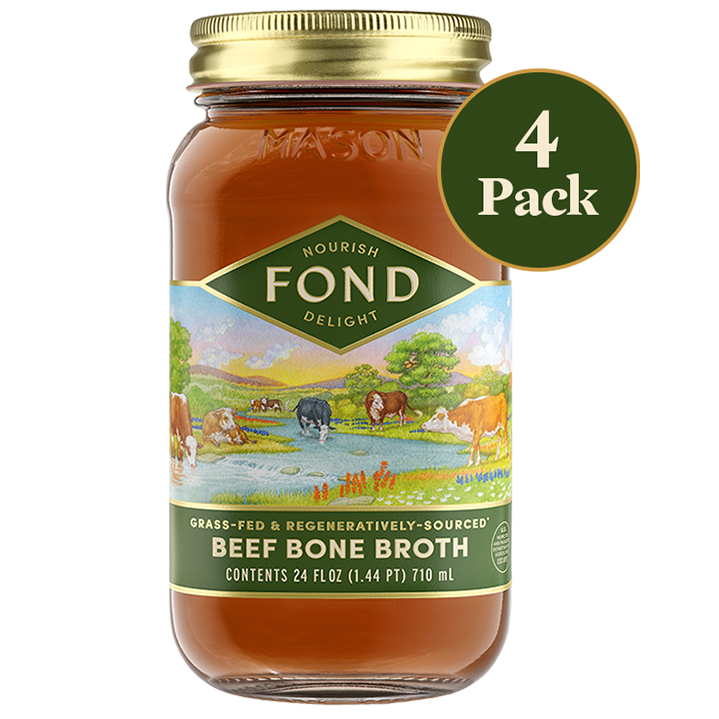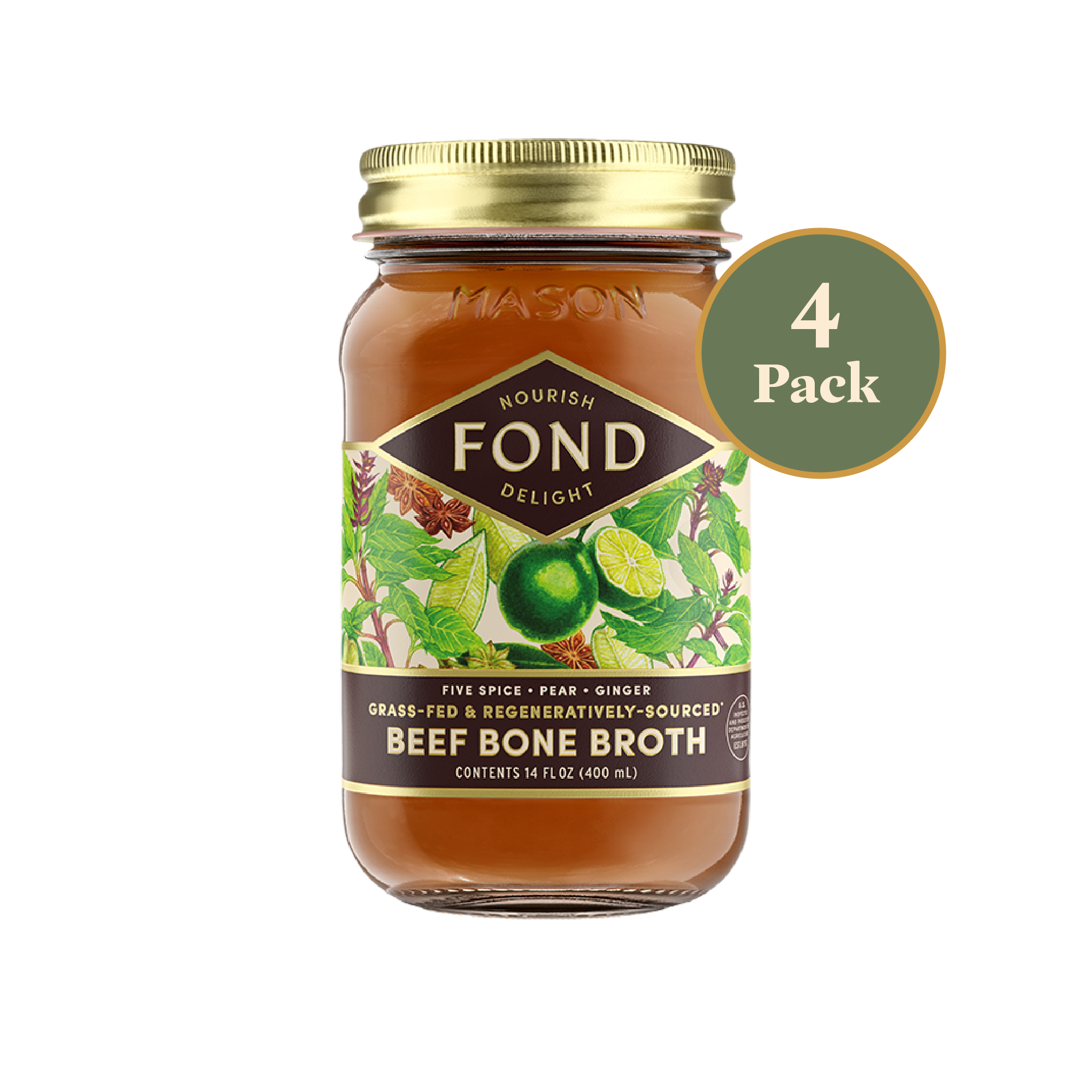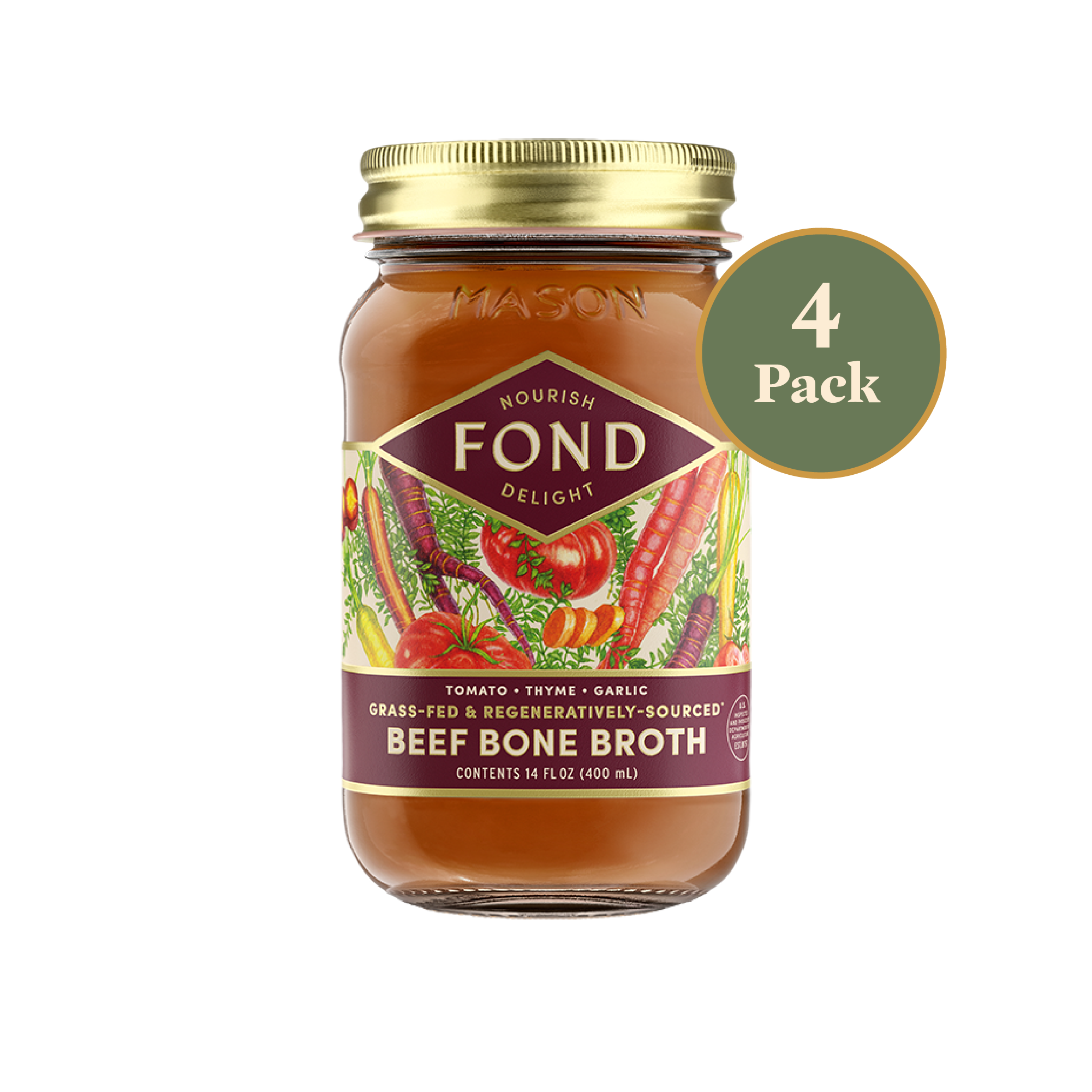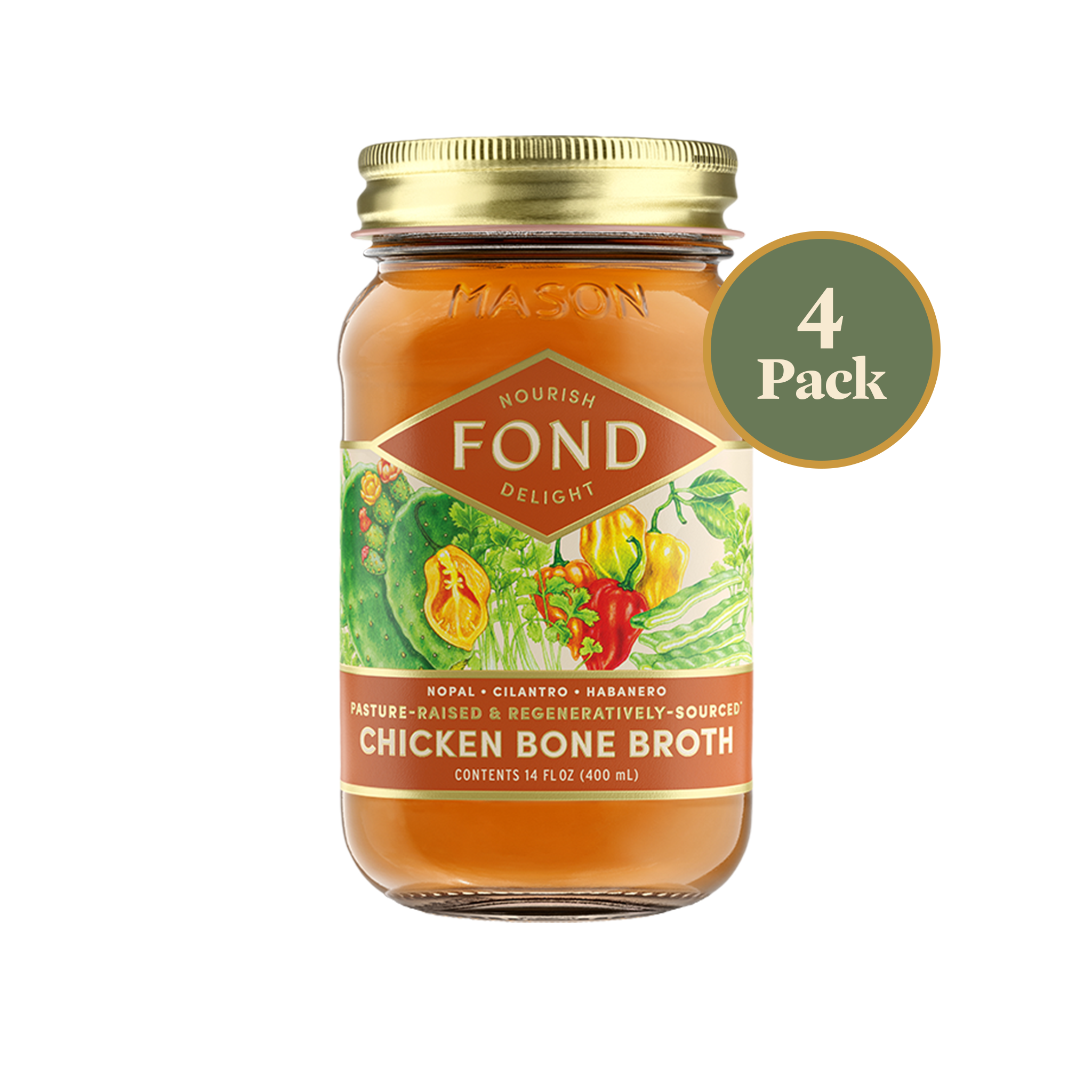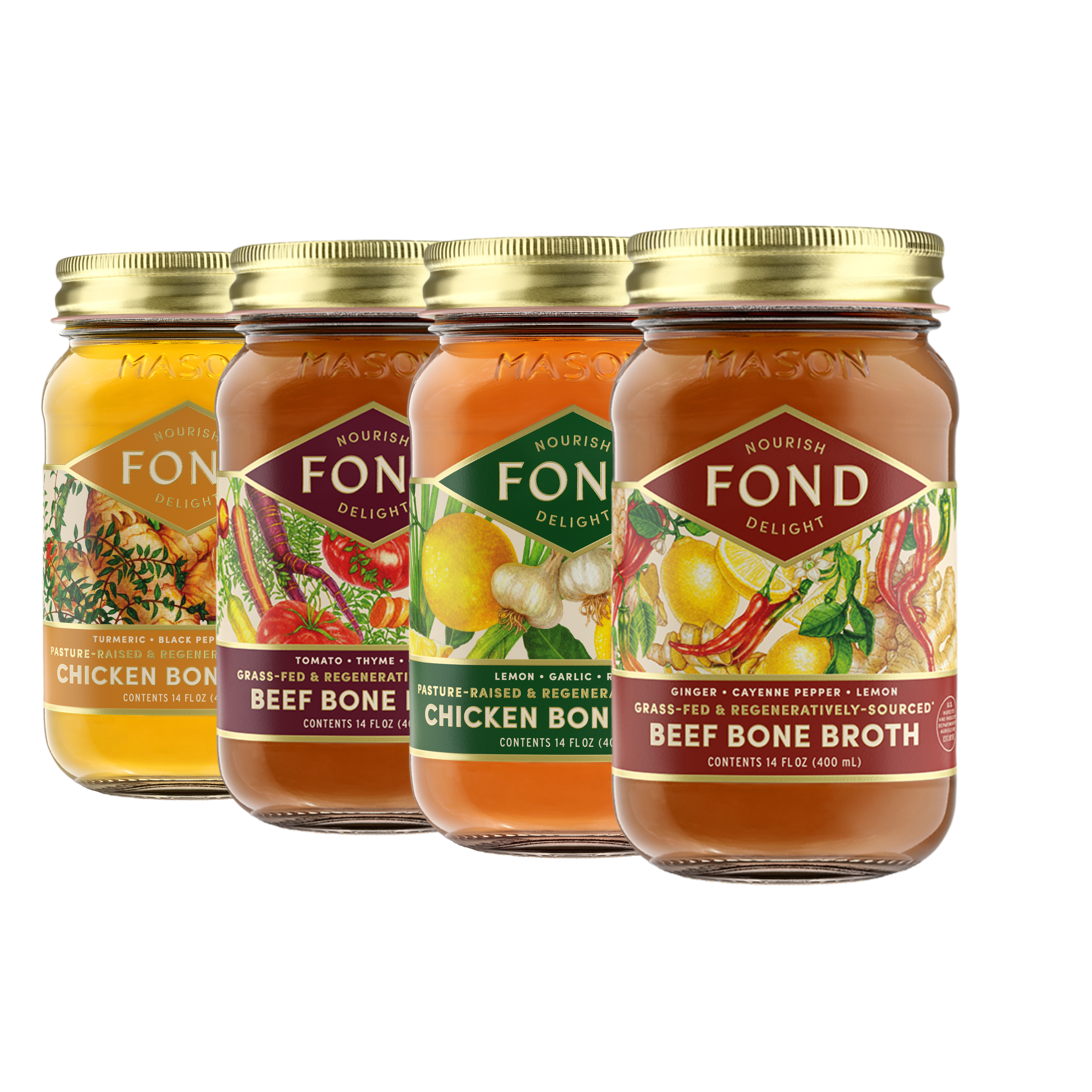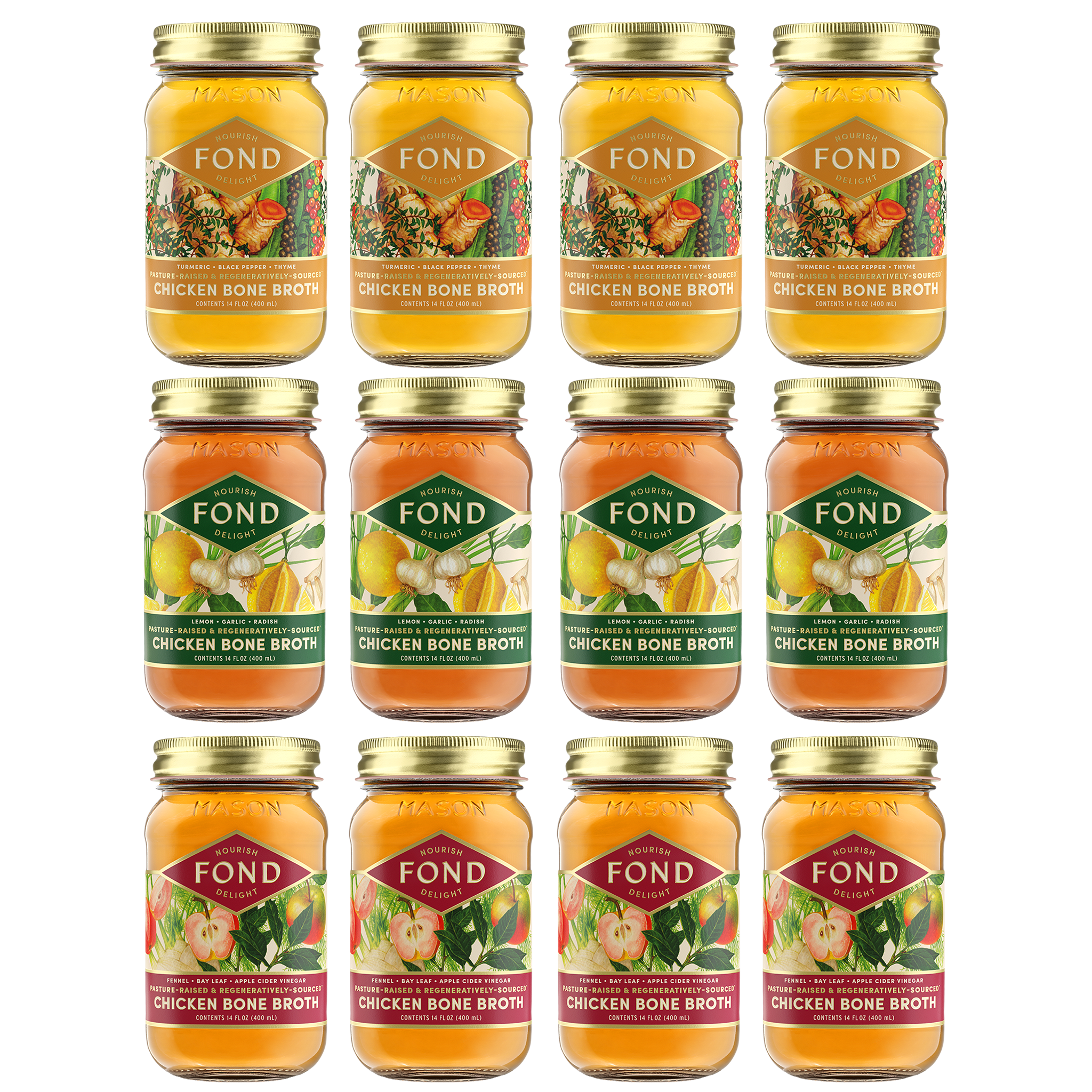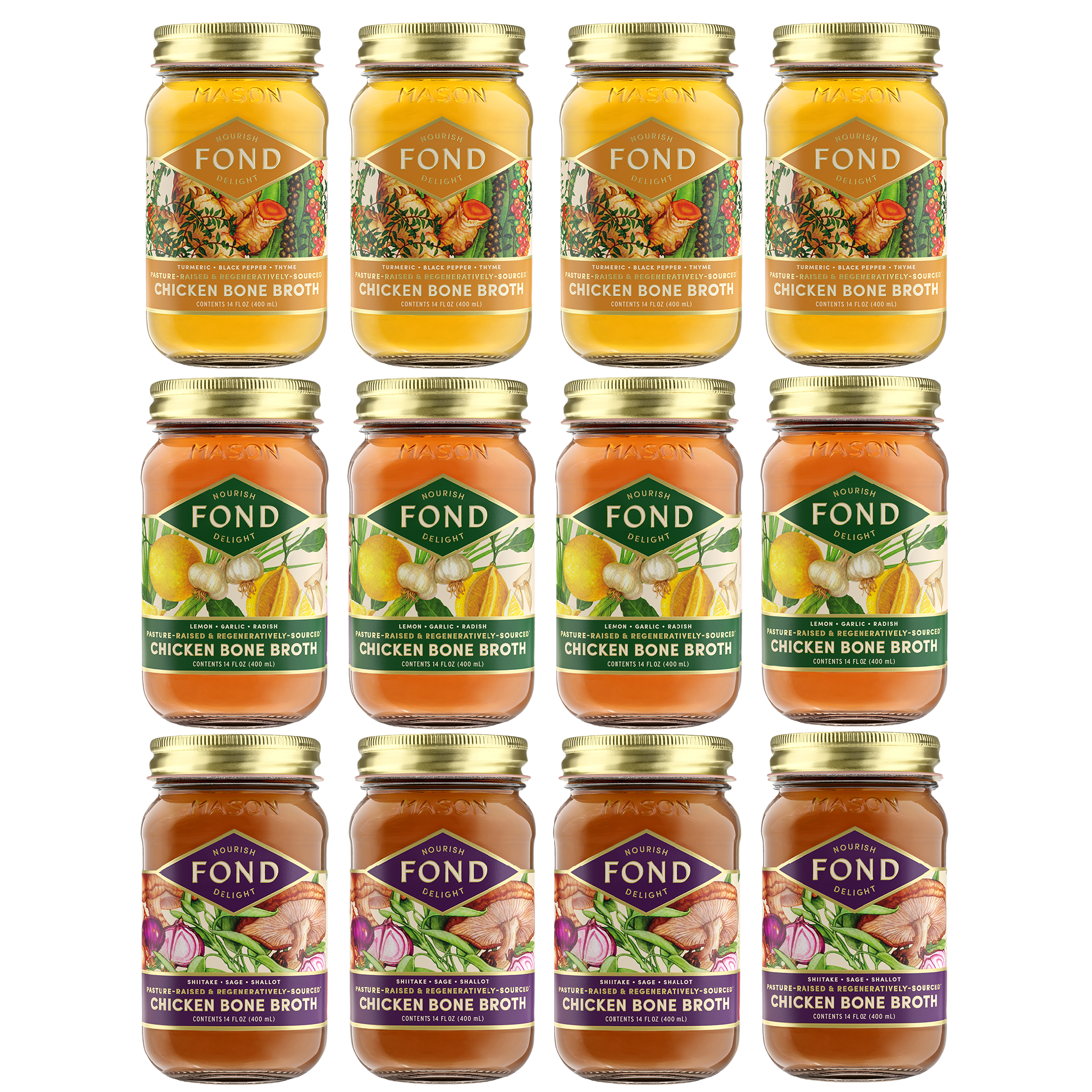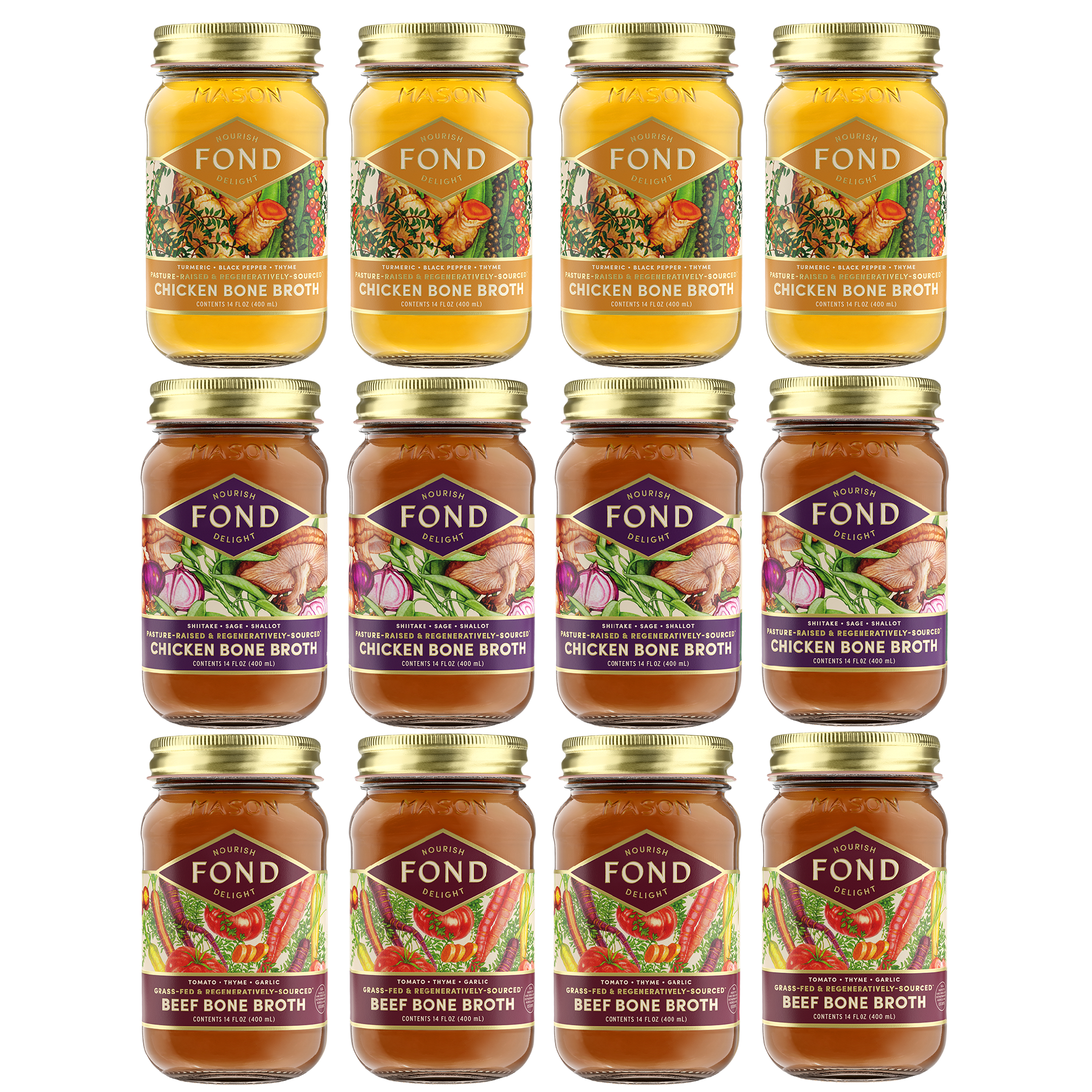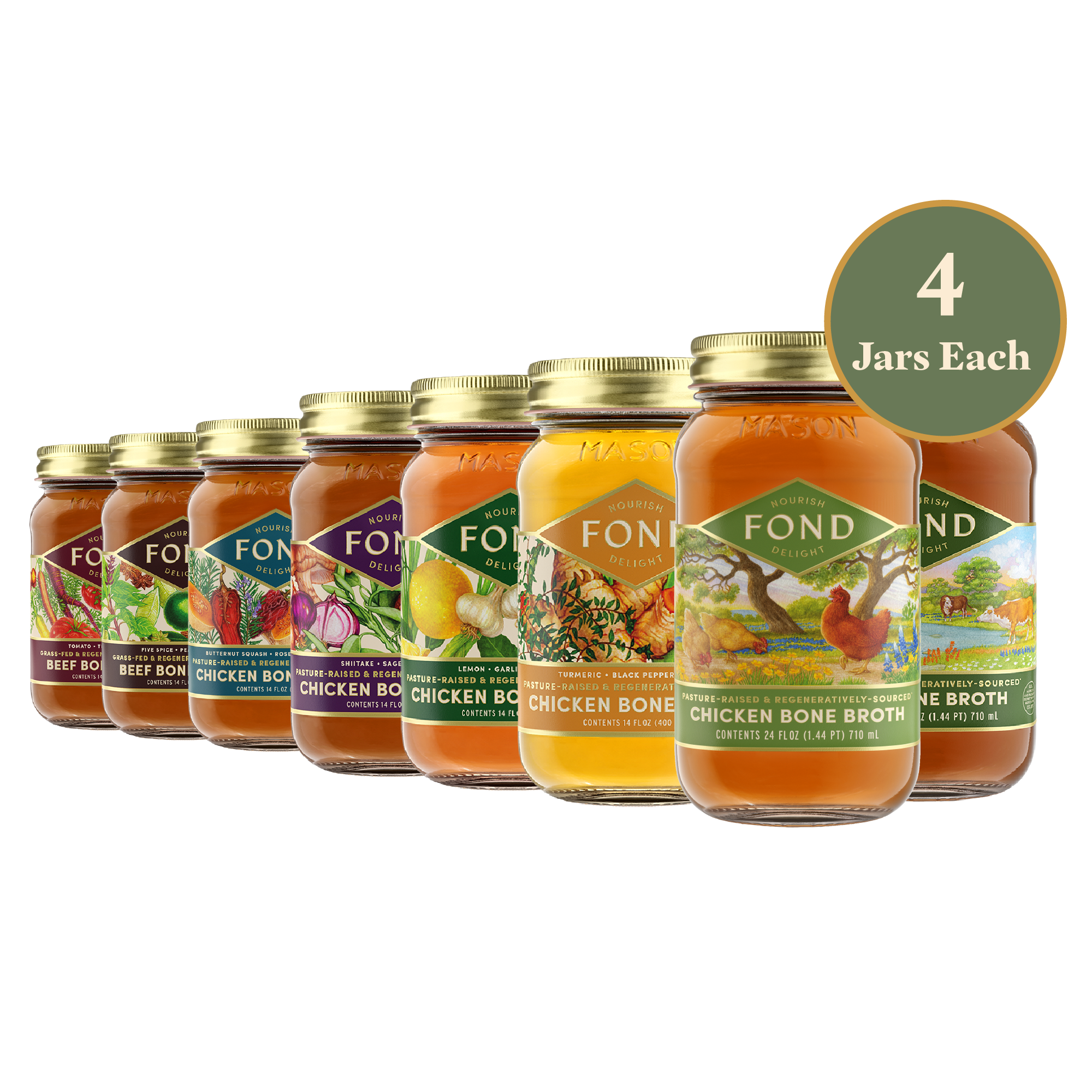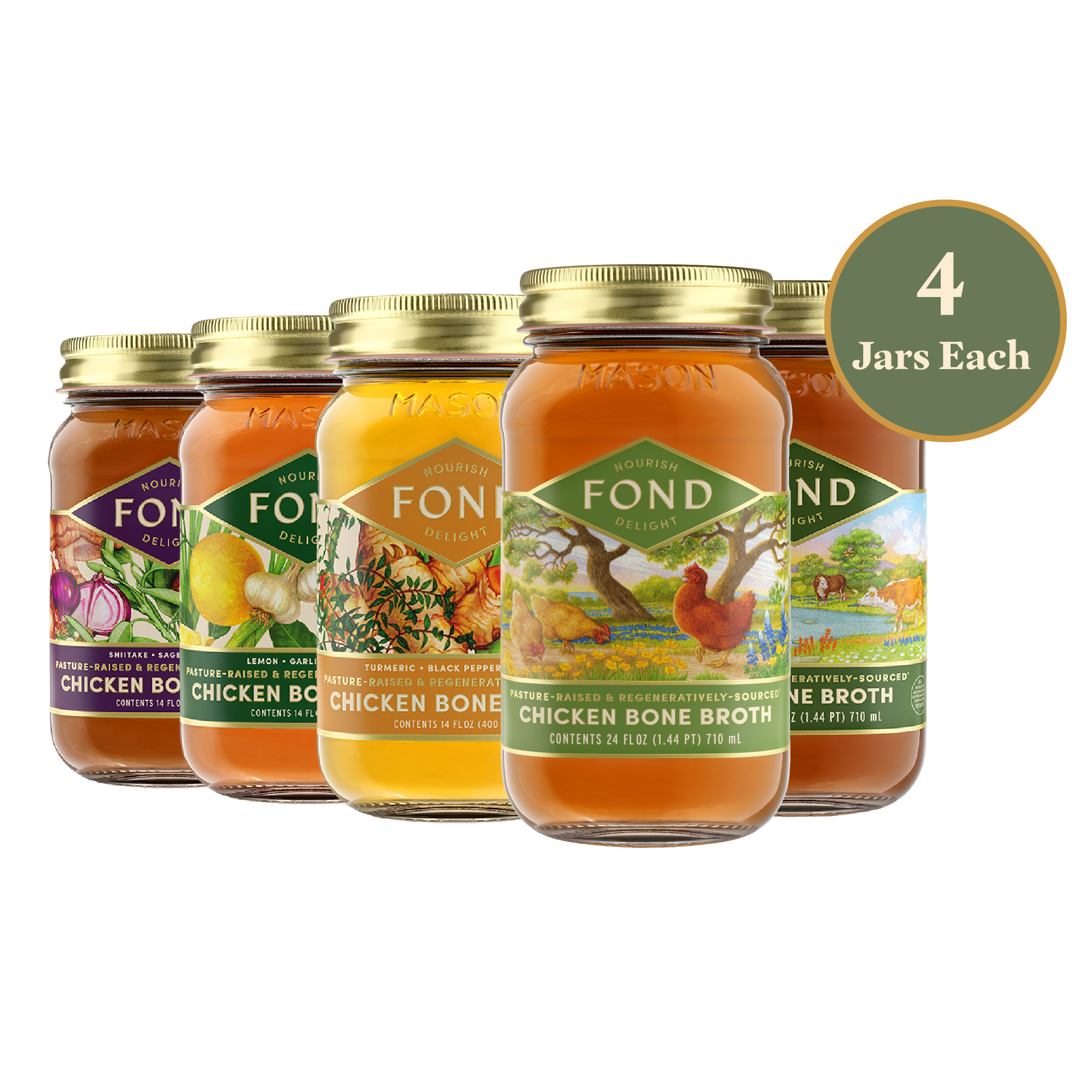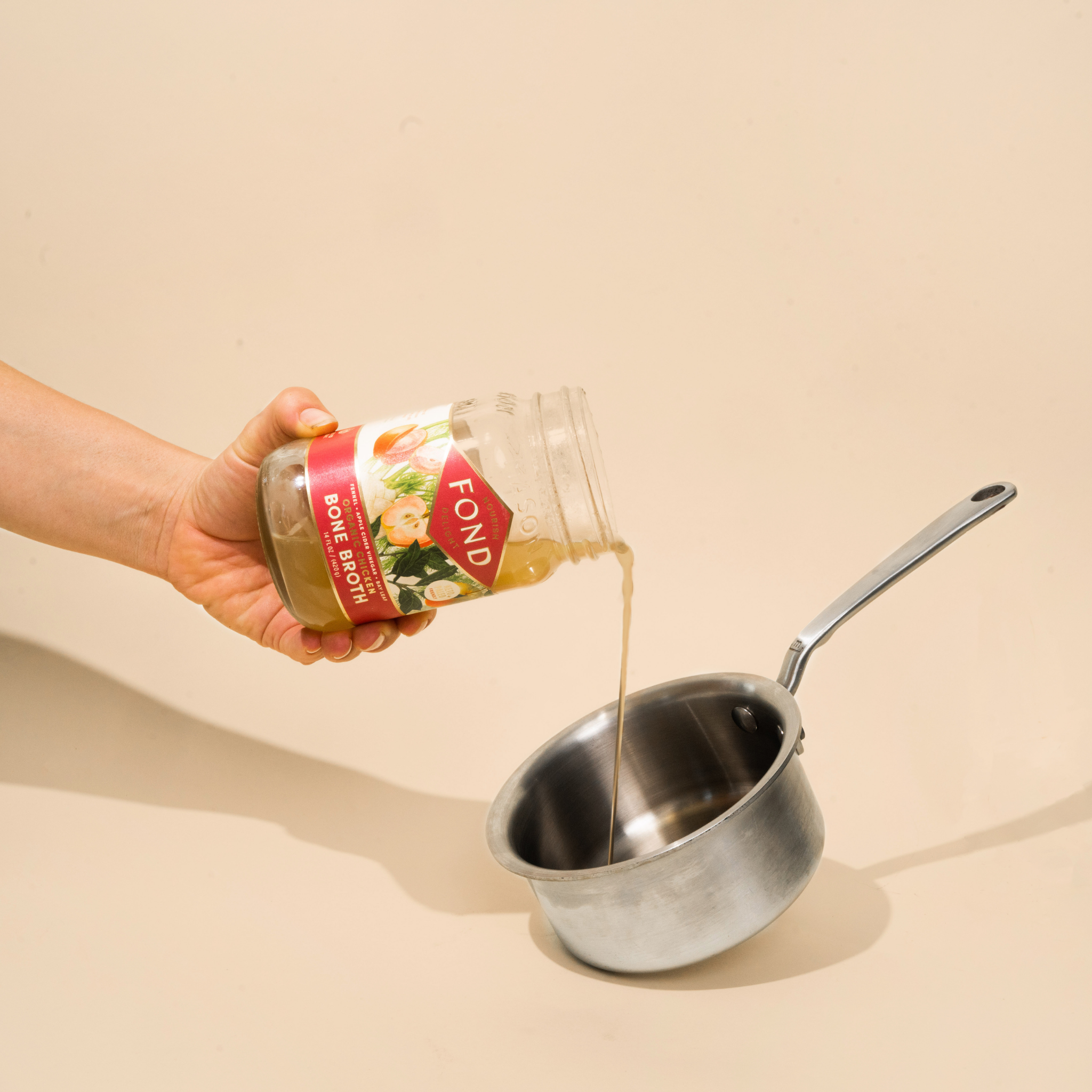With kids going back to school and adults headed back to the office, a global pandemic still raging, and cold and flu season upon us, immune health is more valuable than ever. And though some things are most definitely out of our control, thankfully there’s a lot within our control, too. Today, we’re breaking down some of our favorite tips for supporting your immune system so that your natural terrain is as healthy as can be (and as inhospitable to illnesses as possible).
The Gut’s Connection to the Immune System
The majority of our immune cells reside in the gut, meaning that our gut and its associated bacteria (the microbiome) are very involved in the body’s overall immune function. The microbiome and the immune system work together to keep you safe and keep invaders out.
A few of the things that negatively impact our gut health include:
- Diet choices, including refined grains, sugar, and inflammatory oils (like corn, soy, canola and sunflower oil)
- Antibiotics and some other pharmaceutical drugs
- Acid-blocking drugs that people take for acid reflux and GERD
- Gut infections and dysbiosis caused by an overgrowth of the “bad” bacteria and too little good bacteria
- Stress
- Lack of sleep
This excerpt from Chris Kresser is a great summary of the impact that poor gut health can have on our overall immune health: “If the mucous layer becomes inadequate, or if microbial diversity isn’t upheld with good fiber and nutrient intake, or if antibiotics wipe out lots of the good bacteria, then antigens and pathogenic bacteria can reach the epithelium.
If antigens or proteins reach the epithelium when they shouldn’t, innate immune cells and the microbiome mediate local inflammation. Chronic inflammation eventually can compromise gap junctions between epithelial cells, allowing normally harmless proteins to enter the lamina propria and be exposed to the bloodstream. Since these proteins shouldn’t be in the blood, the immune system recognizes them as a threat, which can eventually lead to an allergy or autoimmune attack. (43)”
But what are we to do? Most of us have some level of stress in our lives, we may go through periods of less sleep, and may engage in other behaviors that negatively impact our gut health. Thankfully, there are a few small but meaningful ways that we can work to improve our gut health, including (you guessed it!) drinking bone broth.
- Avoid commonly inflammatory foods, at least for a period of time. We love the Whole30 as a great starter reset
- Eat a diet rich in fiber and resistant starch
- Drink bone broth regularly
- Consume probiotics, including fermented foods, and prebiotics
- Move your body daily, exercising in a way that’s enjoyable for you
- Eat the rainbow! Eat lots of different colored fruits and veggies
- Spend time outside, and in nature
How to Support Your Immune System
Once you’ve started working on your gut health, you might want to add in some other nutrients and behaviors to help strengthen your immune system. We’ve got you covered with some of our favorite nutrients and lifestyle shifts to support both your overall health and your immune health!
Eat a balanced diet that’s low in sugar and refined carbohydrates
Include plenty of veggies, high-quality protein, healthy fats for optimal blood sugar balance (key for keeping the immune system strong!). Incorporate fermented veggies and resistant starches as well for the benefit they have for the microbiome.
Drink bone broth
Of course bone broth benefits overall health, but it also specifically benefits the gut and the immune system, and it may help reduce damage to the lungs and other tissues as well. Bone broth contains numerous amino acids, like glutamine, glycine, and proline, along with collagen, gelatin, and naturally-occurring electrolytes. Bone broth is really easy to digest, since it is simmered for long periods (FOND is simmered for 19 hours!) to extract these vital nutrients.
Get enough sleep
Sleep and our circadian rhythm help regulate the immune function. And while the amount of time you sleep is important, so is the quality of your sleep. Aim for at least 7-8 hours of uninterrupted sleep, and practice good sleep hygiene to help get there. This includes sleeping in a dark, cool room, and limiting electronics before bed.
Practice stress management
There isn’t a part of our body and overall health that stress doesn’t impact, and the immune system is no exception. Stress even raises our blood sugar levels, without ever consuming a morsel of food. A few of our favorite stress management techniques include setting boundaries, deep breathing, meditating, doing yoga, and spending time in nature. Find the things that help relax you and do more of them!
Move your body
Moderate exercise actually provides a boost to both our innate and acquired immune systems, and it helps mobilize our immune cells. Go for a walk, do a strength-training session, go for a swim, or move your body in another way that you enjoy.
Take elderberry syrup
This is a great natural option for strengthening the immune system and warding off colds and flus. One of our favorite brands is this TX company - Cassie Green Elderberry Syrup
Helpful Nutrients / Foods
- Vitamin D - Vitamin D is important for immune function, but most people are deficient, especially during the winter months. Get your levels checked to determine an accurate dosage for you. Look for a supplement that combines vitamin D3 + K2.
- Garlic - a natural antimicrobial that can also support the immune system! For best results, let it sit for 10 minutes after chopping to activate the beneficial compounds.
- Vitamin C - Vitamin C has long been known for supporting the immune system. You can usually get what you need with food, but if you feel something coming on, you can up the ante with the supplemental form.
- Vitamin K - Eat dark green veggies or supplement with vitamin K2.
- Zinc - Zinc is another nutrient that’s key for immune health! Take a supplement or eat zinc containing foods like oysters, red meat & pumpkin seeds!
- Ginger - Ginger is an antiviral that helps prevent viruses in the upper respiratory tract. Chris Kresser has a great ginger tea recipe that you can find here.
- Turmeric - Our favorite ingredient in our Liquid Light flavor, turmeric (specifically curcumin, the active ingredient) helps regulate the immune system and is also a potent anti-inflammatory nutrient.
We hope these tips help you feel more prepared to give your body the support it needs in the fall and winter months. We’d suggest stocking up on our bone broth tonics, which can help support you before, during, and after sickness. A triple threat to pesky germs and bugs.
Looking for more information? One of our amazing practitioner partners, Ali Miller, created a great immune support guide that you can get access to here, and we’ve also linked some great articles below.
Resources for further reading:
https://chriskresser.com/novel-coronavirus-covid-19-resources/
https://chriskresser.com/7-tips-for-preventing-and-shortening-colds-and-flus/
https://chriskresser.com/the-top-20-natural-remedies-for-cold-and-flu/
https://chriskresser.com/role-of-gut-microbiome-in-the-immune-system/







